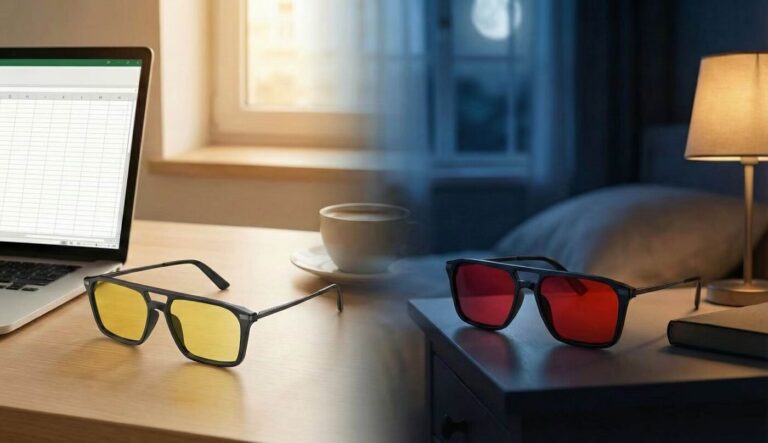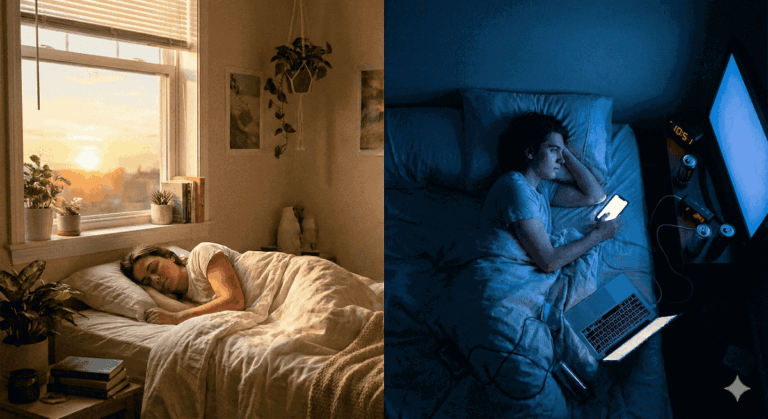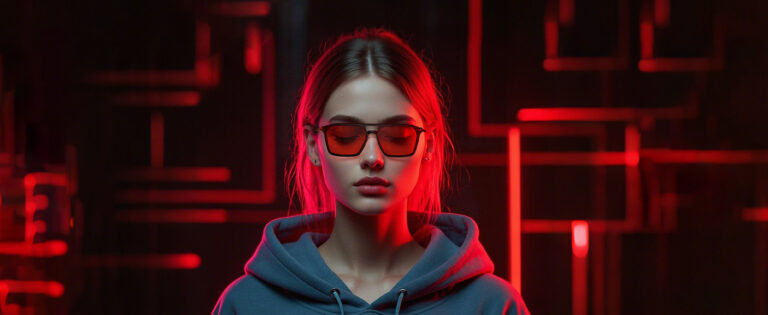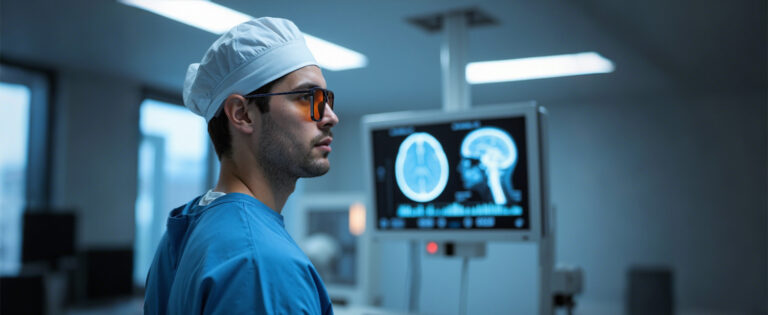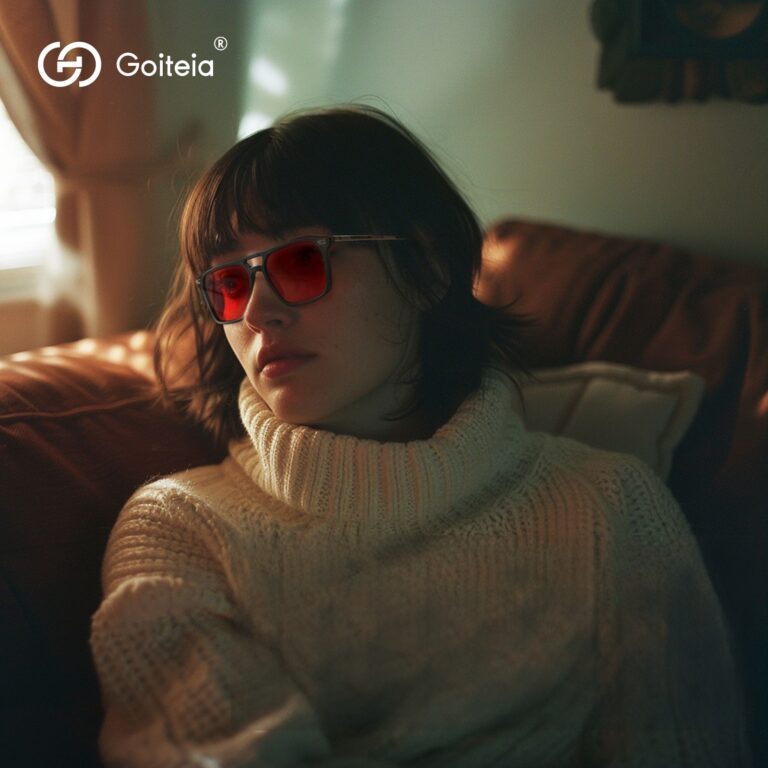Free UK/DE/FR/IT/ES/US Shipping, Other Countries (Free on Orders Over £50) SHOP NOW
Have you ever found yourself tossing and turning in bed, unable to fall asleep after hours of scrolling through your phone or binge-watching TV? You’re not alone. In today’s digital age, we’re constantly bombarded with blue light from our electronic devices, and it’s taking a toll on our sleep. But what if there was a simple solution? Enter anti-blue light glasses. These nifty little accessories might just be the key to getting the restful sleep you’ve been craving. In this article, we’ll dive deep into what blue light glasses are, how they work, and whether they can really help you catch some Z’s.
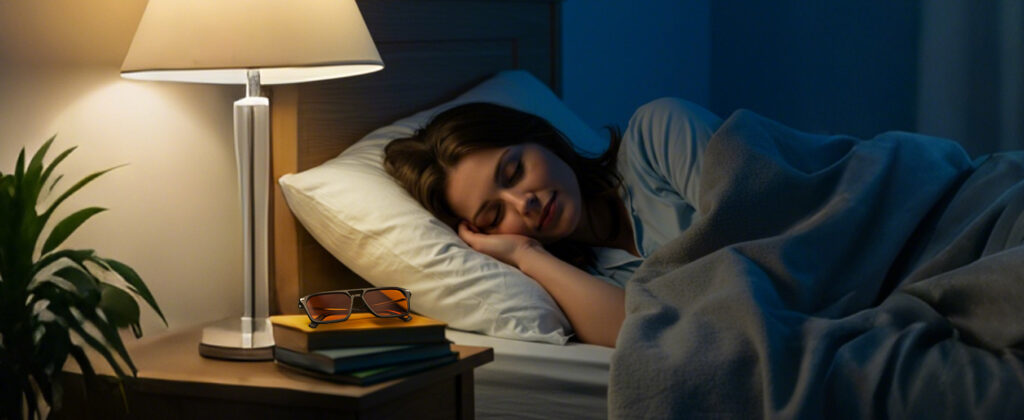
What are Anti-Blue Light Glasses?
Blue light blocking glasses are designed to filter and reduce the amount of blue light that reaches the eyes. The lenses of blue light blocking glasses have a coating or tint that selectively absorbs or blocks blue light wavelengths, helping to reduce glare and minimize the potential adverse effects of prolonged exposure.
The Science Behind Blue Light and Sleep
What is Blue Light?
Blue light has a short wavelength and a high amount of energy. It’s present in natural sunlight, which is great during the day as it helps to regulate our body’s internal clock. But here’s the problem: Many of the electronic devices we use daily, such as smartphones, tablets, laptops, and televisions, as well as LED lights, emit blue light. So, even when the sun goes down, this potentially sleep-disrupting light still reaches us.
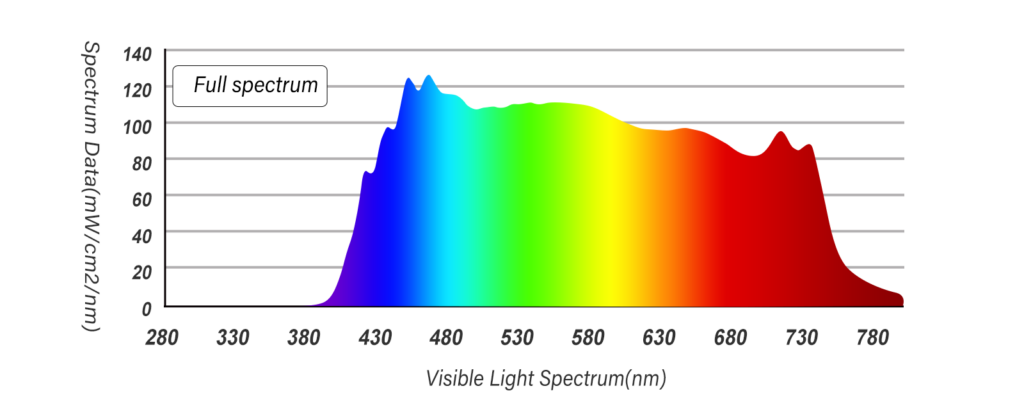
How Blue Light Affects Our Body?
Our bodies have an internal clock called the circadian rhythm, which regulates our sleep-wake cycle. When we’re exposed to blue light, especially in the evening, it can throw this rhythm off balance. Blue light suppresses the production of melatonin, a hormone that makes us feel sleepy. Normally, as the sun sets and the amount of natural light decreases, our bodies start to produce more melatonin, signaling that it’s time to wind down and go to sleep. But with the constant exposure to blue light from our devices, our bodies are tricked into thinking it’s still daytime, and the production of Melatonin is delayed or reduced.
Sources of Blue Light
Electronic Devices
In today’s digital age, we’re constantly surrounded by electronic devices that emit blue light. Smartphones are probably the biggest culprit. We use them for everything from checking social media to watching videos, and often do so right before bed. Tablets are also popular for reading e-books, playing games, or streaming movies, and they too emit significant amounts of blue light. Laptops are essential for work and study, but spending hours in front of a laptop screen in the evening can have a negative impact on our sleep. And let’s not forget about televisions, which we often watch in the comfort of our living rooms late at night.
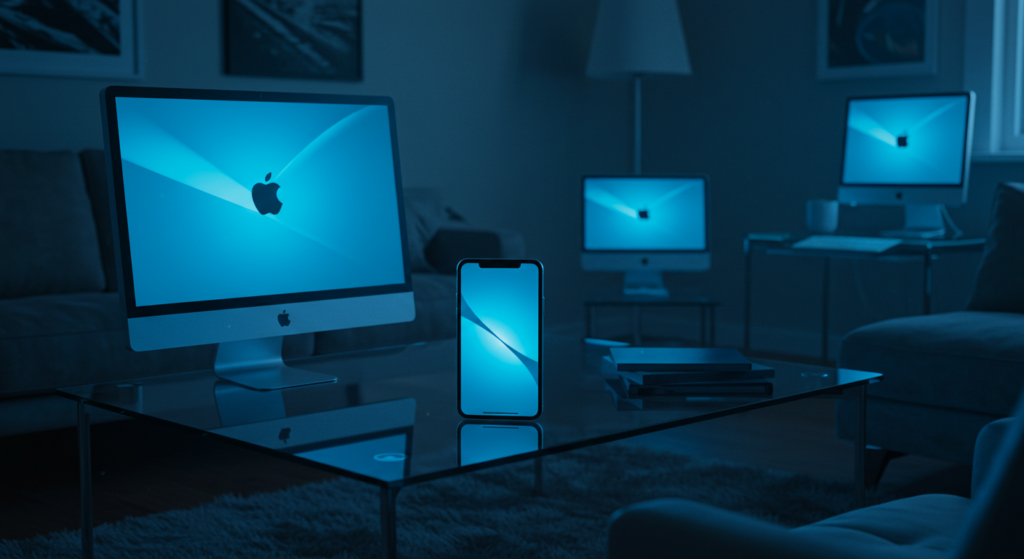
LED Lights
LED lights are becoming increasingly popular because they’re energy-efficient. However, they also emit a large amount of blue light. Now, LED bulbs light many homes and offices. If the evening light from these bulbs reaches us, it can add to our blue light exposure problem and disrupt our sleep.
LED lights in the home could cause irreversible damage to the eyes, leading to impaired vision, ANSES warns. France’s National Agency for Health Security (ANSES) has urged officials to revise maximum limits for exposure to LED lights. In a 400-page report, the agency called strong LED lights “phototoxic.” Want to know more about ANSES’s coverage of LED hazards? Visit ANSES.
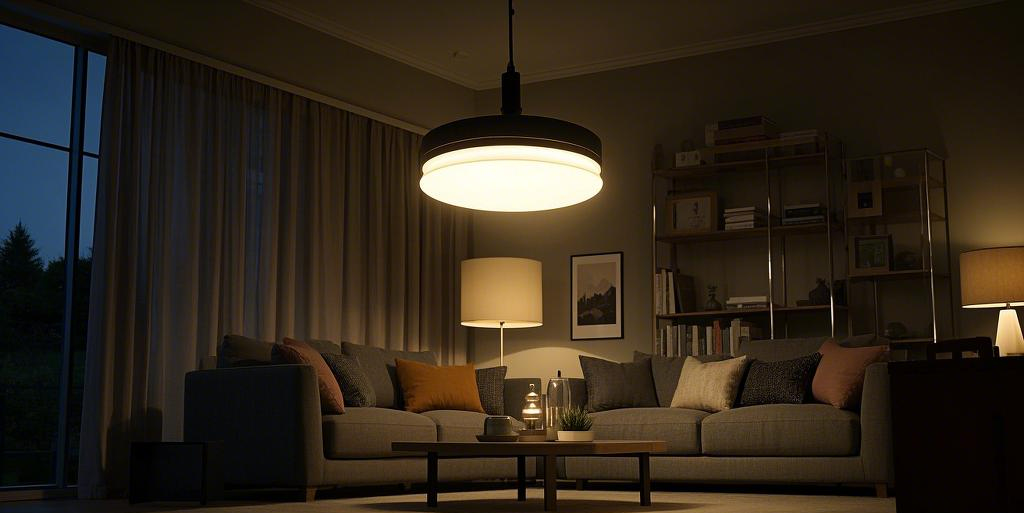
The Problem with Blue Light at Night
Difficulty Falling Asleep
If you’ve ever had trouble falling asleep after spending hours on your phone or watching TV, it could be because of the blue light. The suppression of Melatonin makes it harder for your body to enter the relaxed state needed for sleep. You might find yourself lying in bed, wide awake, even though you’re exhausted.
Reduced Sleep Quality
Even if you manage to fall asleep, blue light can still affect the quality of your sleep. Exposure to blue light before bed can cause lighter sleep, more frequent awakenings during the night, and leave you feeling not fully rested in the morning. It’s like trying to build a strong house on a shaky foundation-your sleep just can’t reach its full potential.
Long – Term Effects on Health
Over time, chronic sleep deprivation caused by blue light exposure can have serious consequences for our health. It can increase the risk of developing conditions like obesity, high blood pressure, and depression. It’s a bit like a slow-acting virus that gradually wears down your body’s defenses.
How Anti-Blue Light Glasses Work
The Technology Behind Blue Light Filtering
Blue light glasses work by using special lenses that are designed to absorb or reflect blue light. Some lenses have a special coating that filters out the blue light, while others are made from materials that naturally block a certain percentage of it. It’s like having a tiny shield for your eyes that blocks out the harmful blue light rays.
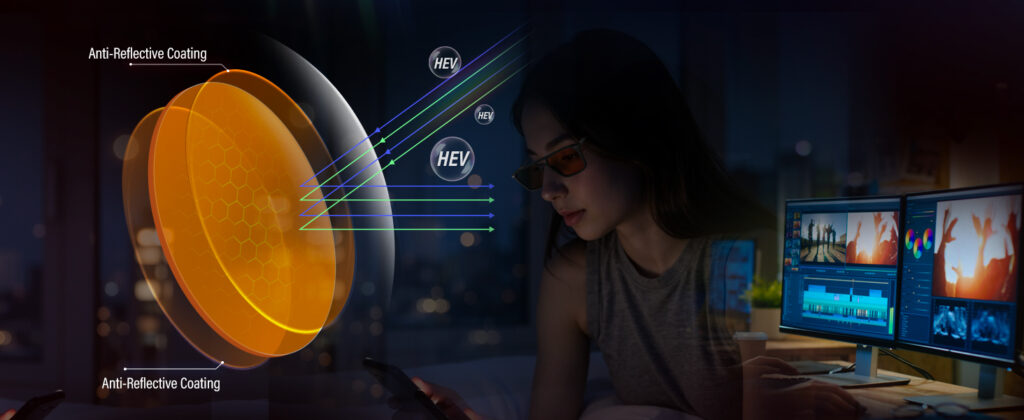
Percentage of Blue Light Blocked
The amount of blue light blocked by different glasses can vary. Some glasses may block as little as 10%-20% of blue light, while others can block up to 90% or more. It’s important to choose glasses based on your specific needs and the level of blue light exposure you typically have. If you’re a heavy screen user, you might want to opt for glasses with a higher blue light – blocking percentage.
Benefits of Wearing Anti-Blue Light Glasses for Sleep
Improved Sleep Quality
By reducing your exposure to blue light, blue light glasses can help your body produce more melatonin at the appropriate time. This can lead to better-quality sleep, with you falling asleep faster and staying asleep longer. It’s like giving your body a gentle nudge towards a more restful slumber.
Reduced Eye Strain
In addition to helping with sleep, blue light glasses can also reduce eye strain. Staring at a screen for long periods can cause your eyes to feel dry, itchy, and tired. Blue light glasses can alleviate some of this discomfort by filtering out the blue light that can be particularly harsh on your eyes. It’s like giving your eyes a mini-vacation from all that screen time.
Potential for Better Overall Health
With improved sleep quality and reduced eye strain, wearing blue light glasses can contribute to better overall health. You’ll have more energy during the day, be able to focus better at work or study, and your immune system will be in a better state to fight off illnesses. It’s like a domino effect-taking care of your eyes and sleep can have a positive impact on your entire well-being.
Types of Blue Light Glasses
Clear Lenses
Clear blue light glasses are a popular choice as they don’t change the color of what you see. They’re great for those who want to filter out blue light without any visual distortion. These are often used by people who spend a lot of time in front of a computer screen during the day. It’s like having invisible protection for your eyes.
Orange-Tinted Blue Light Glasses
Our orange-tinted blue light glasses are a standout choice in the world of eye protection. The orange hue isn’t just for show; it’s a carefully engineered feature designed to target and filter out 100% percentage of harmful blue light. This tint is particularly effective at blocking the high-energy blue light wavelengths that are most likely to disrupt your sleep.
Imagine you’re winding down in the evening, catching up on your favorite shows or reading a digital book. Without orange-tinted glasses, the blue light from your screen can flood your eyes, suppressing melatonin production and making it harder to fall asleep. But when you put on our orange-tinted glasses, it’s like drawing a warm, cozy curtain between your eyes and the screen. The orange tint softens the harsh blue light, creating a more soothing visual experience. It’s not only better for your eyes but also helps you transition into a more relaxed state, making it easier to drift off into a peaceful sleep.
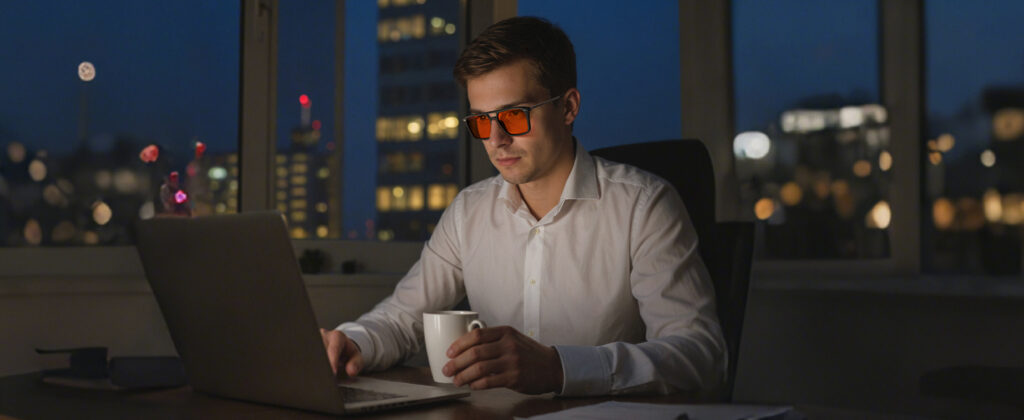
Red-Tinted Blue Light Glasses
If you’re looking for a blend of style and functionality, our red-tinted blue light glasses are the way to go. The rich red tint not only gives these glasses a unique, trendy look but also serves a crucial purpose in protecting your eyes.
Red-tinted glasses work by filtering out 100% percentage blue and green light compared to other tints. This means they can offer an extra layer of protection. This is especially true for people who are very sensitive to blue light or spend a long time in front of multiple electronic devices. For example, if you’re a graphic designer who works on a computer all day, or a gamer who spends hours in virtual worlds, these glasses can greatly reduce eye strain. What’s more, when it comes to sleep, the red tint on these glasses is helpful. It can minimize the impact of blue light on your circadian rhythm. It’s like having a personal bodyguard for your eyes, ensuring they stay comfortable and your sleep remains undisturbed.
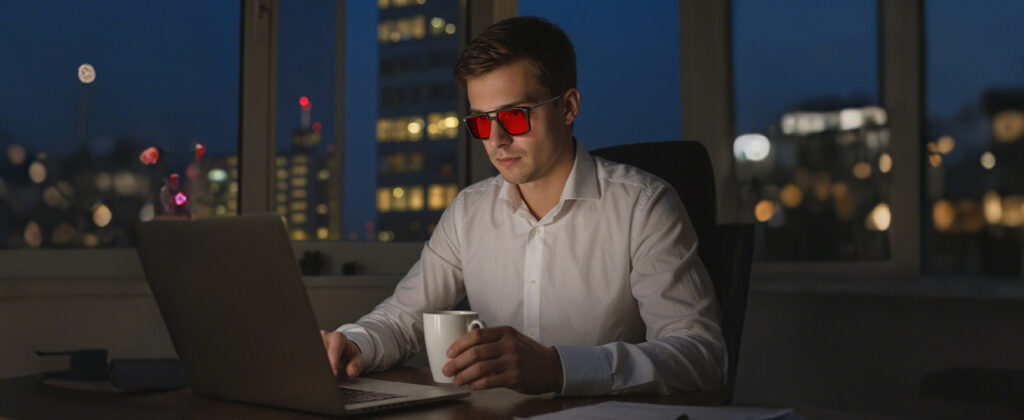
Green-Tinted Blue Light Glasses
Our green-tinted blue light glasses bring a touch of nature-inspired comfort to your screen time. The green tint has a refreshing quality that makes it a popular choice among those seeking a more natural-looking filter.
Green-tinted lenses are designed to balance out the colors on your screen while effectively reducing blue light. This results in a more pleasant viewing experience, as if you’re looking at a well-adjusted display. For people who use their devices for reading, writing, or any activity that requires long-term focus, these glasses can be a game-changer. They help to alleviate eye fatigue, which is often a side-effect of extended screen exposure. When it comes to sleep, the gentle green tint helps to soothe your eyes in the evening, preparing your body for a restful night. It’s like taking a break from the digital world and stepping into a calm, green oasis, right in the comfort of your own home.
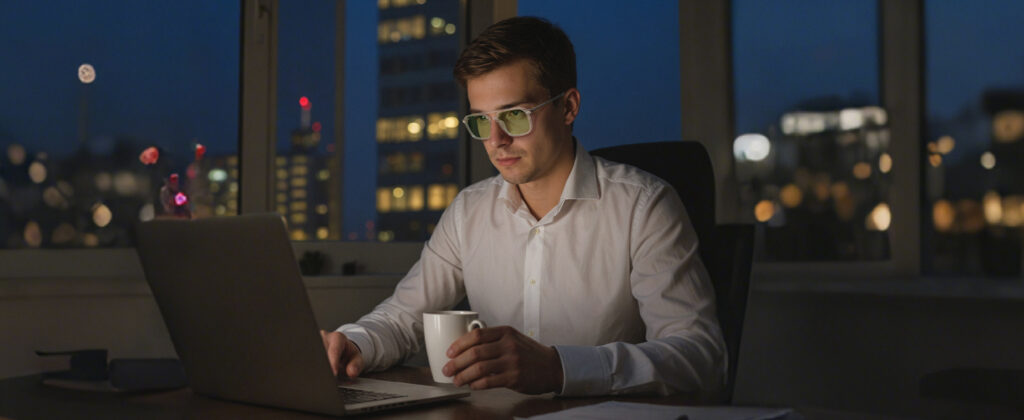
Any Needs About Blue Light Glasses, Visit Goiteia
Combining Blue Light Glasses with Other Sleep-Promoting Habits
- Establishing a Regular Sleep Schedule
Going to bed and waking up at the same time every day helps to regulate your circadian rhythm. This, combined with wearing blue light glasses, can improve your sleep quality even more.
- Creating a Sleep-Friendly Environment
Make sure your bedroom is dark, quiet, and at a comfortable temperature. Use blackout curtains, earplugs, and a comfortable mattress and pillows to create an environment that promotes sleep. It’s like building a cozy nest for a good night’s rest.
- Limiting Caffeine Intake
Caffeine is a stimulant that can keep you awake. Try to avoid drinking coffee, tea, or energy drinks in the hours leading up to bedtime. It’s like removing a roadblock on the way to a good night’s sleep.
Myths and Misconceptions about Blue Light Glasses
Do They Make Everything Look Yellow?
While tinted blue light glasses can make colors appear a bit different, modern glasses are designed to minimize this effect. Clear blue light glasses, of course, don’t change the color of what you see at all. So, you don’t have to worry about everything looking like it’s been bathed in a yellowish glow.
Are They a Substitute for Good Sleep Hygiene?
They are a great tool for reducing blue light exposure, but they are not a substitute for good sleep hygiene. You still need to establish a regular sleep schedule, create a comfortable sleep environment, and avoid caffeine and large meals before bed. It’s like having a great pair of running shoes-they can help you run better, but you still need to train regularly.
Goiteia would be the best choice, offering a variety of lens and frame colors to choose from.
Conclusion
In conclusion, blue light glasses can be a valuable addition to your sleep-promoting toolkit. By filtering out blue light, they can help you fall asleep faster, improve the quality of your sleep, and reduce eye strain. However, they are just one part of the equation. Combining them with good sleep hygiene practices, such as establishing a regular sleep schedule, creating a sleep-friendly environment, and limiting caffeine intake, is the best way to ensure you get the restful sleep you need. So, are you having trouble sleeping because of blue light exposure? If so, it might be time to buy a pair of blue light glasses. Our Goiteia offers special blue light glasses. They come in unique orange, red, and green tints. These glasses could be just what you need. Start reaping the benefits today!
FAQs
1. Can blue light glasses help with migraines?
Yes, by reducing eye strain caused by blue light, blue light glasses may help some people who experience migraines triggered by eye fatigue. If the migraine is severe, Goiteia migraine glasses are recommended.
2. Are blue light glasses suitable for children?
With the increasing use of electronic devices by children, blue light glasses can be beneficial for them. But it’s important to consult a pediatrician or an eye doctor before getting blue light glasses for a child, as their eyes are still developing.
3. How long does it take to notice the effects of blue light glasses on sleep?
It can vary from person to person. Some people may notice an improvement in their sleep within a few days of consistently wearing blue light glasses, while for others, it may take a couple of weeks.
4. Can I wear blue light glasses all day?
Except for the red lenses anti-blue light glasses that we recommend wearing before going to bed, you can wear other colors of anti-blue light glasses all day.
5. Can blue light blocking glasses relieve digital eye strain?
Yes, scientific research has shown that blue light blocking glasses are very helpful in relieving Digital Eye Strain (DES). They can reduce eye damage caused by long-term use of electronic products. This includes issues like eye fatigue and dryness.


